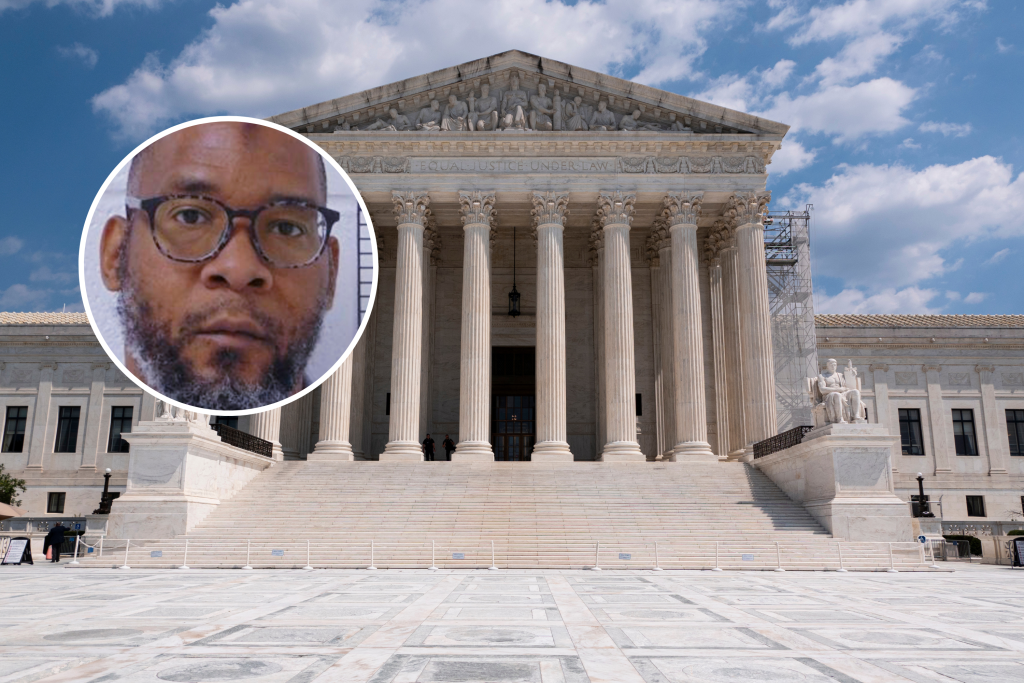Marcellus Williams’ death penalty case has revealed a stark divide among the Supreme Court justices, with liberal justices Sonia Sotomayor, Elena Kagan, and Ketanji Brown Jackson expressing a desire to stay his execution, while conservative justices denied his petition. Williams’ 2001 murder conviction was called into question by the current prosecuting attorney for St. Louis County, Missouri, leading to doubts about his constitutional rights being violated. Even the victim’s family opposed his execution, but despite hopes for a last-minute stay from the Supreme Court, his execution proceeded after the petition was denied.
The Supreme Court has been involved in nearly 30 death penalty stays in the last term, with unity in their opinions in most cases, but exceptions like Williams’ highlighting the disagreements among the justices. Another case involved Freddie Owens, whose request to stay his execution was also denied, although a key witness recanted his testimony days before the execution. Steven Golden admitted to lying on the stand due to fear of reprisal from the shooter or his associates, casting doubts on Owens’ conviction and raising concerns about the reliability of evidence in death penalty cases.
In a separate case, the Supreme Court overturned a stay of execution for Jedidiah Murphy, a Texas man, after the 5th Circuit of Appeals upheld a federal judge’s order delaying the execution over DNA testing concerns. The ruling sided with Texas, allowing the execution to proceed despite dissent from Justices Sotomayor, Kagan, and Jackson. This departure from the usual trend of denials highlights the complexities and controversies surrounding death penalty cases and the impact of conflicting decisions on the judicial system.
The rarity of the Supreme Court granting a stay of execution was exemplified in the case of Ruben Gutierrez, who received a last-minute stay in July on the basis of DNA testing that he argues would prove his innocence in a 1999 murder case. Similarly, Williams’ case raised concerns about the reliability of witness testimony used in his conviction, with his DNA failing to match forensic evidence found at the crime scene. Despite efforts by former Missouri Governor Eric Greitens to investigate his DNA claims, the board of inquiry was disbanded by Governor Mike Parson, leading to the setting of a new execution date.
The decision to proceed with Williams’ execution, despite doubts raised about the fairness of his trial and concerns over witness reliability, underscores the challenges faced in death penalty cases. With divisions among Supreme Court justices and conflicting rulings on stays of execution, the need for consistent and objective evaluation of evidence and legal procedures is essential to uphold justice and safeguard the rights of defendants. As debates continue over the morality and efficacy of capital punishment, cases like Williams’ serve as a reminder of the complexities and controversies inherent in the legal system that determine life and death.












